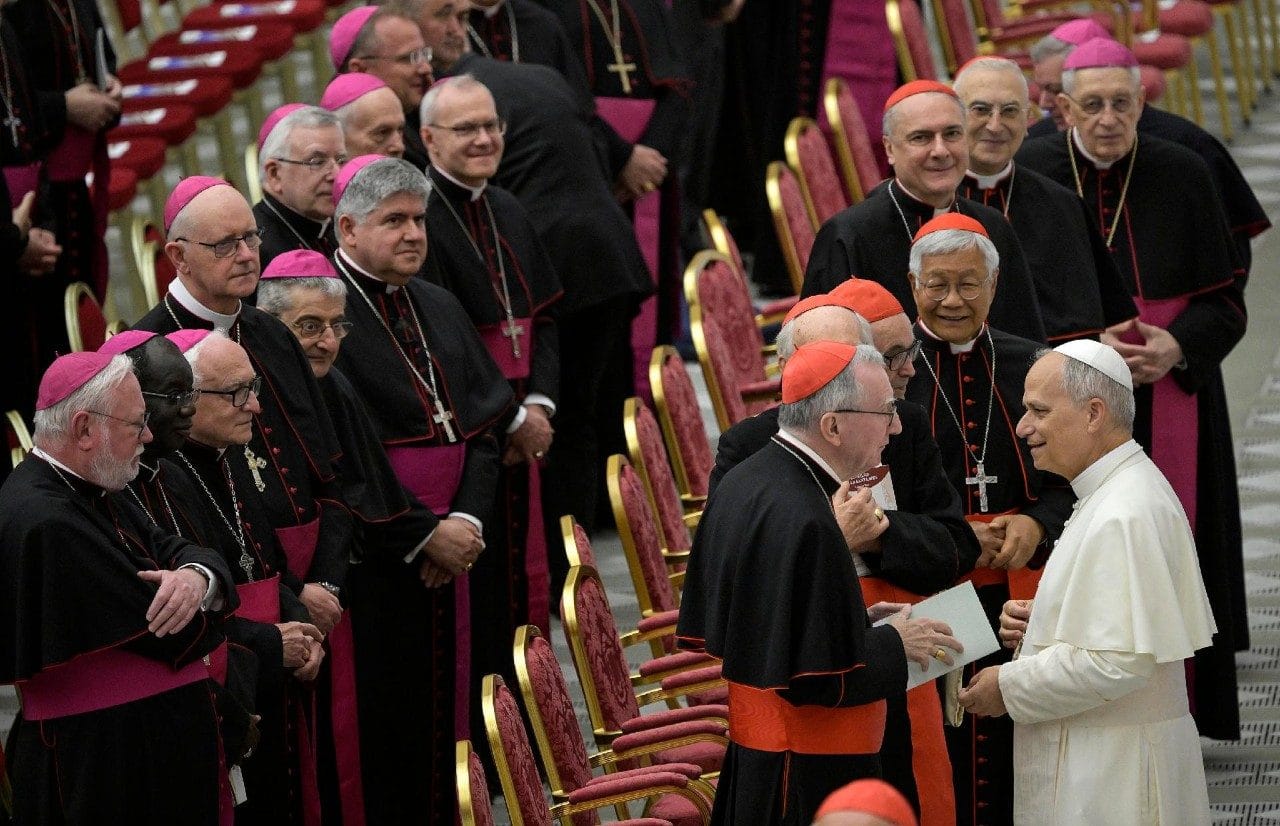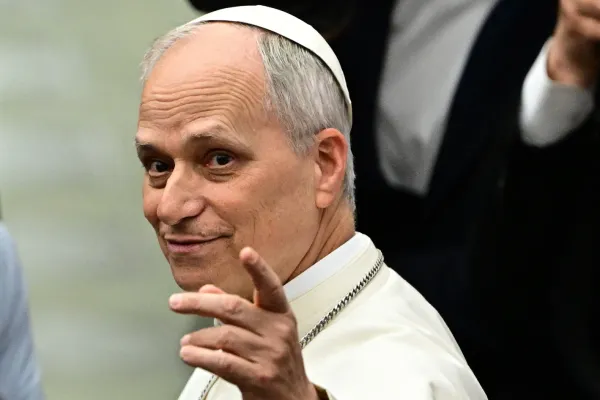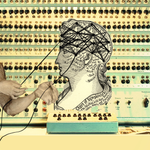Pope Leo XIV – the first American pope, and a former mathematics student – is drawing clear parallels between today’s technological upheavals and the Industrial Revolution of the 19th century.
On 17 June, the Wall Street Journal published a deeply analytical piece on the early priorities of Pope Leo, who is positioning the ethical governance of artificial intelligence as a signature concern of his papacy.
It’s a powerful reminder that the conversation about AI is not just about engineering and economics – it’s also about humanity, justice, and the values we choose to protect.
In choosing the name “Leo,” he honours Pope Leo XIII, the architect of the Church’s foundational social teaching on labour and inequality. Then, the issue was factory workers; now, it's humanity itself, facing new threats from machines that learn, act, and decide.
As I noted in my post in May on the Vatican's digital and social media strategy, Pope Leo is already demonstrating a sophisticated understanding of digital culture. But this latest focus goes beyond platforms and politics – it signals a profound ethical reckoning. And it comes at a moment when Silicon Valley is actively courting the Church’s moral authority, while resisting calls for binding international regulations on AI.
🔄 Silicon Valley’s Courting of the Church – and the Subtext of Transhumanism
For over a decade, tech leaders have sought dialogue with the Vatican, often bringing the language of progress and innovation into spaces traditionally defined by mystery and faith. The Wall Street Journal article describes how leaders from Google, Microsoft, Meta and others have participated in closed-door conversations in Rome, hoping to influence the Church’s view on AI and emerging technologies.
But it’s not just AI. A deeper, more theological tension is brewing beneath the surface, one that’s been articulated compellingly in The Catholic Herald’s recent analysis of the growing fascination with Christian transhumanism.
This worldview, which blends faith with the promises of radical technological enhancement, proposes that eternal life might be achieved not through grace but through mind uploading, biohacking, and neural implants. It reimagines the Resurrection not as a divine event, but as a prototype for defeating death via tech.
As the Herald put it, this is “not just a doctrinal crisis, but an existential one.”
This is precisely the kind of theological distortion Pope Leo appears determined to confront – not with rejection of technology, but with an insistence on human dignity, incarnational theology, and ethical restraint.
By calling for regulation and emphasising the sanctity of the body and soul, Leo XIV is drawing a line between innovation and idolatry – a line communicators must also understand if we’re to responsibly interpret the narratives of AI for wider audiences.
🧭 Ethics, AI, and the Communicator's Role
For organisational communicators, this is not a story to watch passively. It’s a call to engage.
If AI is reshaping the nature of work, trust, and truth itself, then communicators have a strategic responsibility to be part of the response. We’re often the ones translating complex technology into human understanding. We frame the narratives that shape public opinion. And in some organisations, we’re among the few asking difficult ethical questions about the systems being built and who they serve.
That’s a message communicators should be amplifying, both internally and externally.
Pope Leo is likely to be a more tech-savvy, regulation-minded voice than his predecessor, Francis. Yet both pontiffs have shared a deep concern: that innovation without ethics risks eroding the very dignity it promises to enhance. Communicators can help bridge that gap.
⛪ The Vatican’s Evolving Digital Diplomacy

The Catholic Church’s approach to technology has quietly matured into a form of digital diplomacy: engaging with Big Tech not just as a regulator or critic, but as a convener of moral dialogue. This diplomacy has developed on several fronts:
1. Private Dialogue with Silicon Valley
Over the past decade, the Vatican has held private meetings with tech leaders including Mark Zuckerberg, Tim Cook, Brad Smith, and Eric Schmidt. Many took place under the umbrella of the Minerva Dialogues, convened by Bishop Paul Tighe.
These sessions moved from enthusiasm about connectivity to deeper concerns about AI, misinformation, polarisation, and the nature of truth.
2. Ethical Frameworks with Real Influence
The Rome Call for AI Ethics, launched in 2020 by the Pontifical Academy for Life and signed by Microsoft, IBM, and Cisco, laid out principles of transparency, inclusion, and responsibility.
Notably, Google and OpenAI have not signed it yet – highlighting the unresolved tension between tech autonomy and ethical oversight.
3. Shaping Global Discourse
Pope Francis spoke at the 2024 G7 summit, warning of a “technological dictatorship” and calling for a legally binding treaty on AI governance.
Undoubtedly, Pope Leo will carry that mission forward – but with a firmer, more technically informed posture.
4. Symbolic and Narrative Power
When an AI-generated image of Pope Francis in a white puffer coat went viral in 2023, it exposed the public’s vulnerability to deepfakes – and the Church’s symbolic visibility in digital culture.
Rather than dismiss this as a joke, Pope Francis used the moment to amplify concerns about truth, trust, and the limits of data – an example of value-led narrative shaping.
📣 Call to Action for Communicators
This is not just a Church-vs-Tech story. It’s a lesson in how moral authority, strategic dialogue, and long-term vision can influence how the world adopts powerful technologies.
Communicators can draw on this in multiple ways:
- Elevate ethical concerns internally.
- Lead with principles, not just performance.
- Frame AI not as a product, but as a public conversation about who we are becoming.
The Vatican is showing that digital diplomacy doesn’t require dominance – it requires clarity, conviction, and credible values. That’s a strategy worth studying.
Related Reading:




















